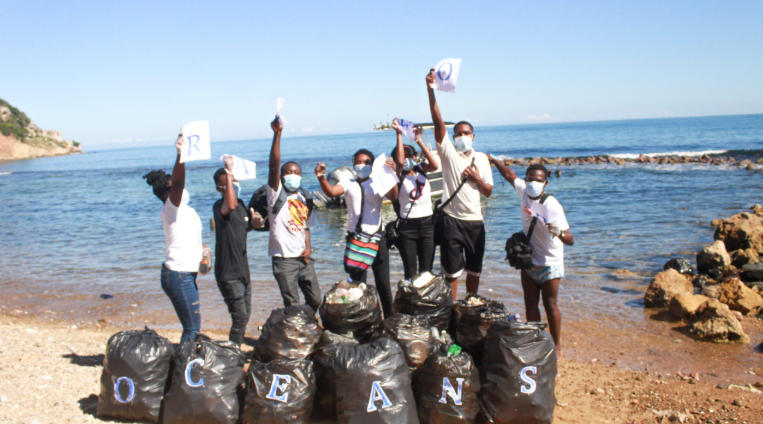Saving the Ocean: Why It Matters
The health of our oceans is crucial not only for marine life but also for human existence. Oceans cover more than 70% of our planet and are vital for regulating the climate, providing food, and supporting countless ecosystems. However, they face numerous threats, from pollution to overfishing. Understanding how to protect our oceans is essential for a sustainable future.
The Impact of Plastic Pollution
One of the most serious issues plaguing our oceans is plastic pollution. Millions of tons of plastic waste enter the ocean each year, harming marine life and disrupting ecosystems. Marine animals often ingest plastic or become entangled, leading to injury or death. To combat this problem, individuals can take simple yet effective actions, such as reducing single-use plastics, participating in local beach cleanups, and supporting legislation aimed at reducing plastic production. Every small effort counts, and collectively, we can make a significant difference.
Protecting Marine Life
In addition to pollution, marine species face threats from overfishing, habitat destruction, and climate change. Many species are on the brink of extinction, which disrupts the balance of marine ecosystems. Supporting sustainable fishing practices, choosing seafood from responsible sources, and advocating for marine protected areas can help preserve the ocean’s biodiversity. By educating ourselves and others about these issues, we can create a ripple effect that contributes to healthier oceans.
Conserving Ocean Habitats
Habitat destruction, particularly through activities like bottom trawling and coastal development, has devastating effects on ocean ecosystems. Coral reefs, mangroves, and seagrasses are crucial habitats for many marine species, but they are under threat from human activities and climate change. Conservation initiatives aimed at restoring these vital habitats can play a significant role in protecting marine life. Individuals can help by supporting organizations dedicated to marine conservation and volunteering for restoration projects.
In conclusion, saving our oceans is a shared responsibility that requires collective action. By reducing plastic use, supporting sustainable practices, and valuing ocean habitats, we can contribute to a healthier planet. Let’s all make a commitment to learn more about ocean conservation and take steps to protect these invaluable resources. Together, we can ensure that future generations will enjoy the beauty and benefits of healthy oceans.

